Voles and deep mulching
gardenerzone4
12 years ago
Related Stories

GARDENING GUIDESNew Ways to Think About All That Mulch in the Garden
Before you go making a mountain out of a mulch hill, learn the facts about what your plants and soil really want
Full Story
GARDENING GUIDESHow to Pick a Mulch — and Why Your Soil Wants It
There's more to topdressing than shredded wood. Learn about mulch types, costs and design considerations here
Full Story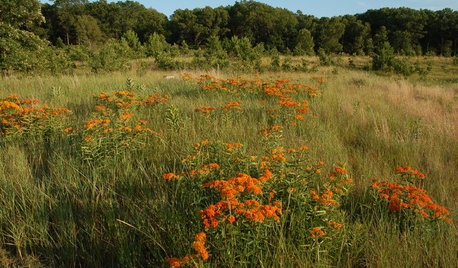
GARDENING GUIDESThe Art of Green Mulch
You can design a natural garden that doesn’t rely on covering your soil with wood and bark mulch
Full Story
GARDENING GUIDESGarden Myths to Debunk as You Dig This Fall and Rest Over Winter
Termites hate wood mulch, don’t amend soil for trees, avoid gravel in planters — and more nuggets of garden wisdom
Full Story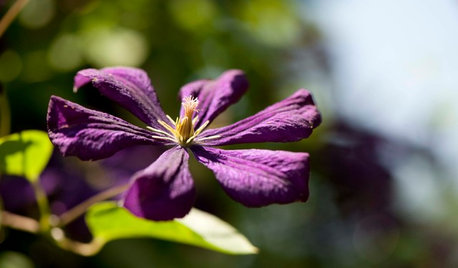
GARDENING GUIDESSoutheast Gardener's March Checklist
Start fresh by envisioning new plant combinations as you tend to fruit trees and rosebushes — and watch out for those darned voles
Full Story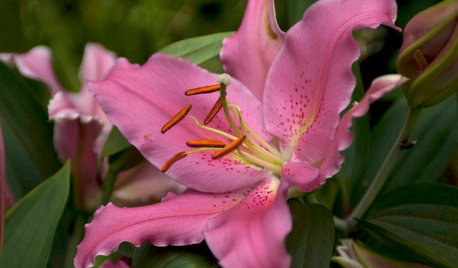
FLOWERSGreat Design Plant: Lilies
Try these delightfully exotic stunners for paintbox colors, deep fragrance and intricately detailed petals
Full Story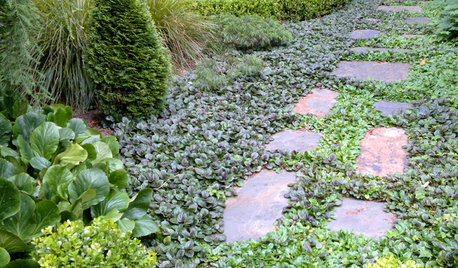
GROUND COVERSGround Force: 10 Top Ground Covers for Your Garden
Protect your soil from weeds and drought this summer with a living mulch of ground covers
Full Story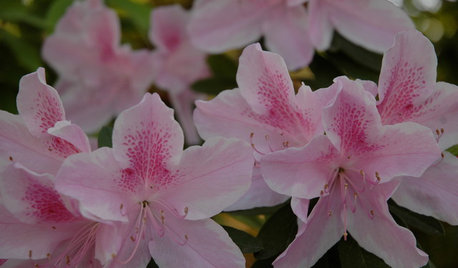
GARDENING GUIDESTexas Gardener's November Checklist
Planting and protecting are top priorities in the garden this month, so master the mulch and get those trees and shrubs in the ground
Full Story0
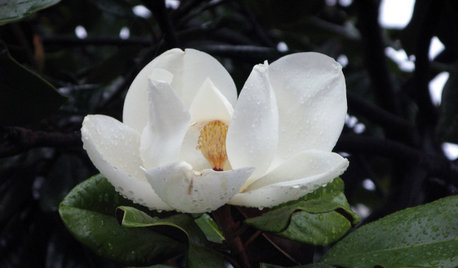
TREESGreat Design Plant: Southern Magnolia, Iconic U.S. Native
Massive, fragrant blooms and deep green leaves set Magnolia grandiflora apart from other large shade trees
Full Story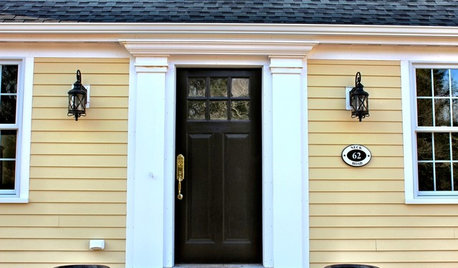
LIFE7 Things to Do Before You Move Into a New House
Get life in a new house off to a great start with fresh paint and switch plates, new locks, a deep cleaning — and something on those windows
Full Story





mommyandme2
david52 Zone 6
Related Professionals
Burlington Landscape Contractors · Lakeland Landscape Contractors · Bridgeport Landscape Contractors · Eagle Landscape Contractors · Hampton Bays Landscape Contractors · Kettering Landscape Contractors · Salem Landscape Contractors · Bensenville Landscape Contractors · Boise Decks, Patios & Outdoor Enclosures · Castle Rock Decks, Patios & Outdoor Enclosures · Del City Decks, Patios & Outdoor Enclosures · Houston Decks, Patios & Outdoor Enclosures · Lenoir Decks, Patios & Outdoor Enclosures · Provo Decks, Patios & Outdoor Enclosures · Scotts Valley Decks, Patios & Outdoor Enclosurestsugajunkie z5 SE WI ♱
david52 Zone 6